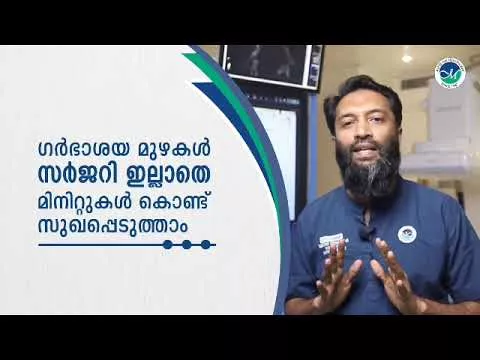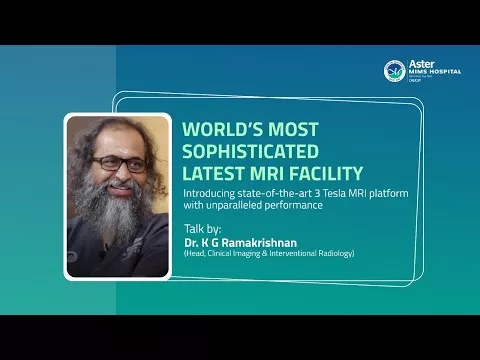Helping accurate diagnosis!
The Institute of Radiology and Imaging Sciences department in MIMS is one of the most state-of-the-art facilities in the entire country and is integrated with advanced technologies that are at par with the West. Imaging is the technique through which radiologists examine our internal organs without making any incisions. This is a kind of visual inspection that would help the radiologists make an accurate diagnosis. Through imaging, doctors and surgeons would be able to chart a treatment pattern and chart every course of surgery.
The department of Radiology is committed to providing enhanced patient care to all its patients. All the patients are treated safely and efficiently so they get the best care in the whole country. The department provides a rich array of services ranging from vascular, abdominal, neurologic, cardiac, head and neck, musculoskeletal, pediatric (antenatal sonography, pediatric and neonatal sonography, neurosonography,) and women’s imaging (mammosonography). The department is integrated with the finest equipments to do invasive procedures under sonographic guidance, for example, a biopsy of mediastinal and retro-peritoneal lymph nodes, liver, kidneys, breast, and musculoskeletal lesions. The radiology services are provided by veteran radiologists whose knowledge and experience remain the best.
The radiology and imaging department has the most advanced systems aiming to reduce carbon footprint, reduce undesired side effects and provide safety:
- CT scanner
- Dual Slice CT scanner
- Magnetic Resonance Imaging (MRI)
- Digital Subtraction Angiography
- Ultrasound System
- Picture Archiving and Communication System (PACS)
- Radiofrequency Ablation
- Computed and Digital Radiography
Thanks to the latest innovative radiofrequency technology, our patients do not have to go through any discomfort or difficulty during scanning or imaging.
Our Doctors
We have some of the best specialists from around the world, they bring years of experience and offer evidence-based treatment to ensure the best care for you.
Patient Stories
Our patients are our best advocates, hear the inspiring stories of their treatment journey
Blogs
The source of trustworthy health and medical information. Through this section, we provide research-based health information, and all that is happening in Aster Hospital.

















